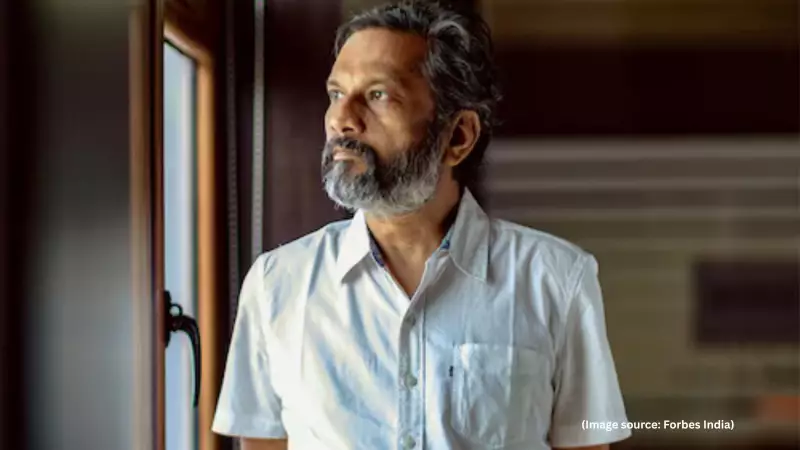
In a powerful stance against dangerous misinformation, Zoho Corporation CEO Sridhar Vembu has strongly condemned recent attempts to link vaccines with autism, calling such claims "irresponsible" and scientifically unfounded.
The Dangerous Myth Resurfaces
Recent social media discussions have witnessed the reappearance of the long-debunked theory connecting vaccinations to autism spectrum disorders. This persistent myth, despite being thoroughly discredited by numerous scientific studies worldwide, continues to circulate, causing unnecessary panic among parents and potentially undermining India's public health initiatives.
Vembu's Firm Stance on Scientific Evidence
Sridhar Vembu, renowned entrepreneur and founder of one of India's most successful tech companies, took to social media to express his concern. The tech leader emphasized that such unfounded claims could have severe consequences for public health, particularly in a country like India where vaccination programs have been crucial in controlling deadly diseases.
"The assertion that vaccines cause autism is not just incorrect—it's dangerously irresponsible," Vembu stated, highlighting the overwhelming scientific consensus that supports vaccine safety.
Why This Matters for India
The timing of this discussion is particularly significant for several reasons:
- Public Health Protection: India has made substantial progress in immunization coverage and disease prevention
- Scientific Literacy: Promoting evidence-based information is crucial for informed public discourse
- Child Safety: Protecting children from preventable diseases remains a national priority
- Expert Consensus: Medical and scientific communities worldwide agree on vaccine safety
The Real Facts About Vaccines and Autism
Multiple large-scale studies involving millions of children have consistently shown no connection between vaccines and autism. The original study that sparked this controversy has been retracted and discredited due to methodological flaws and ethical violations.
Meanwhile, the benefits of vaccination in preventing serious illnesses like polio, measles, and tetanus are well-documented and have saved countless lives across India.
A Call for Responsible Discourse
Vembu's intervention serves as an important reminder about the responsibility that comes with public influence. As prominent figures in technology, business, and public life wield significant reach on social media platforms, their commitment to factual accuracy becomes increasingly vital.
"When we have platforms that reach millions, we have a responsibility to ensure we're not spreading misinformation that could harm public health," Vembu emphasized.
This stance aligns with the broader scientific community's position and reinforces the importance of evidence-based decision making in matters of public health and safety.





